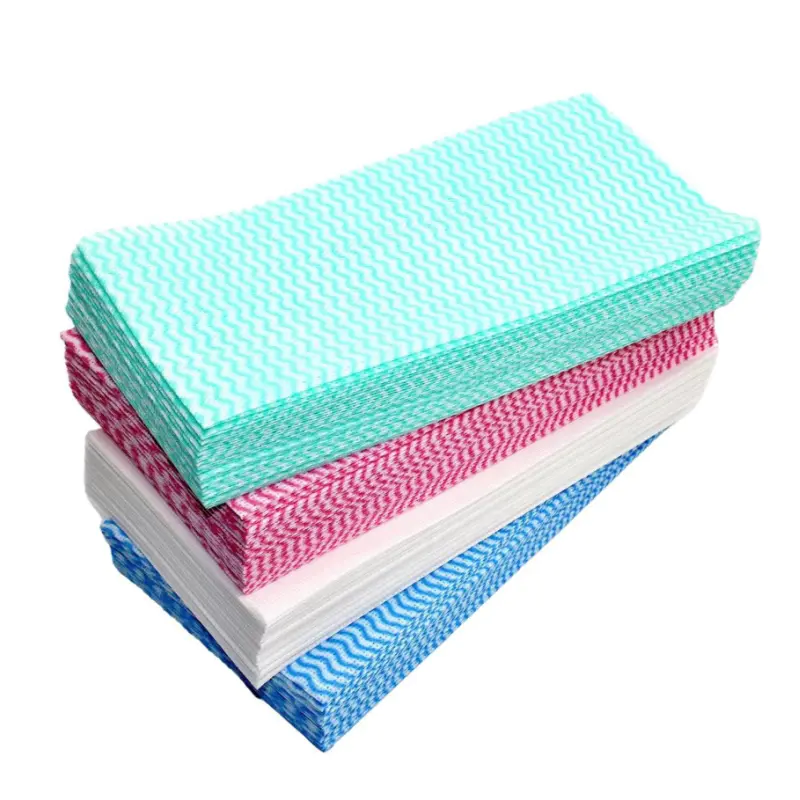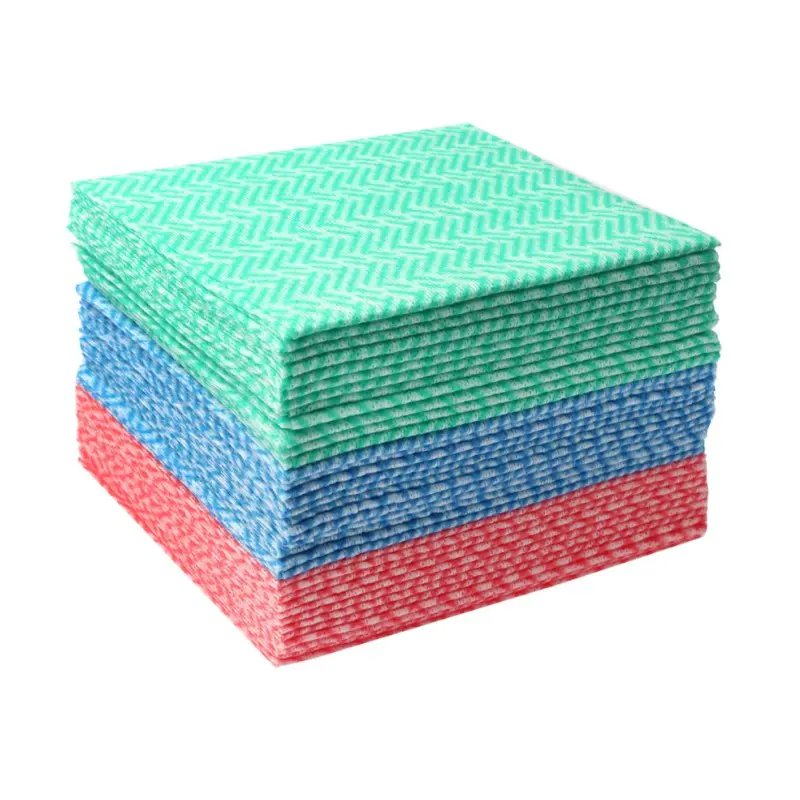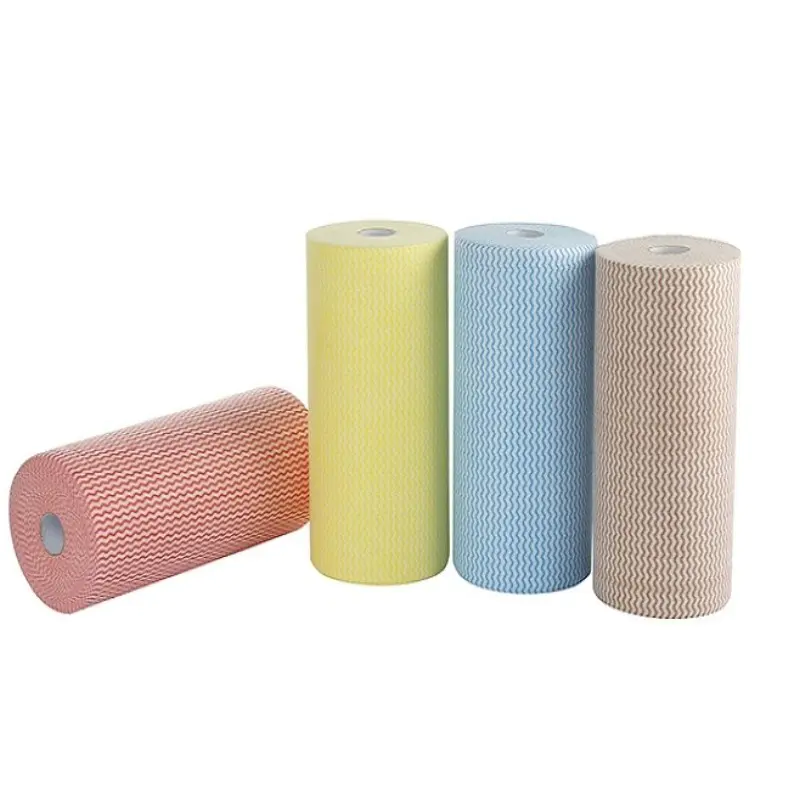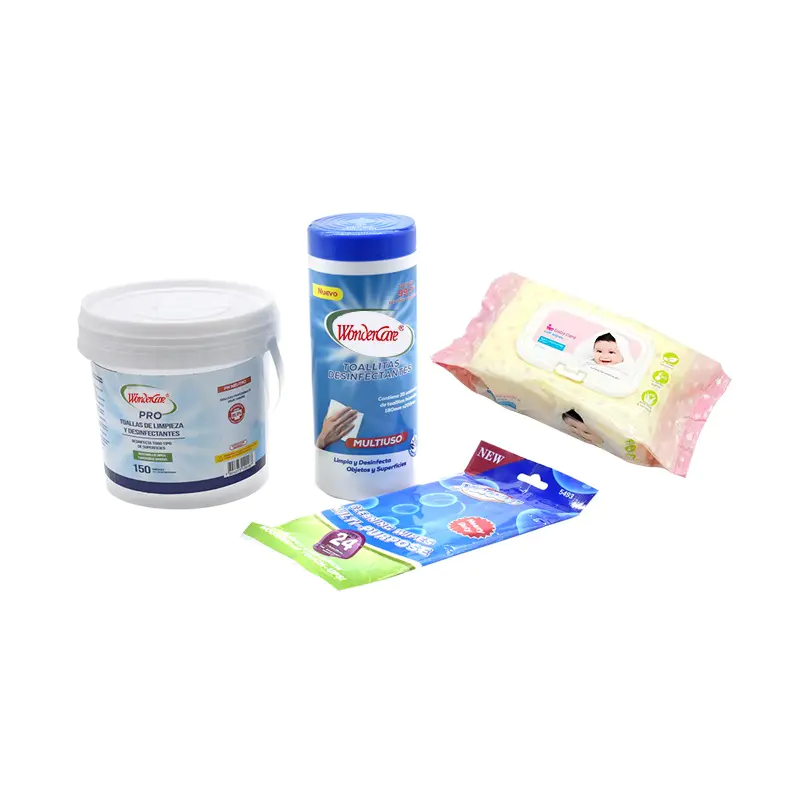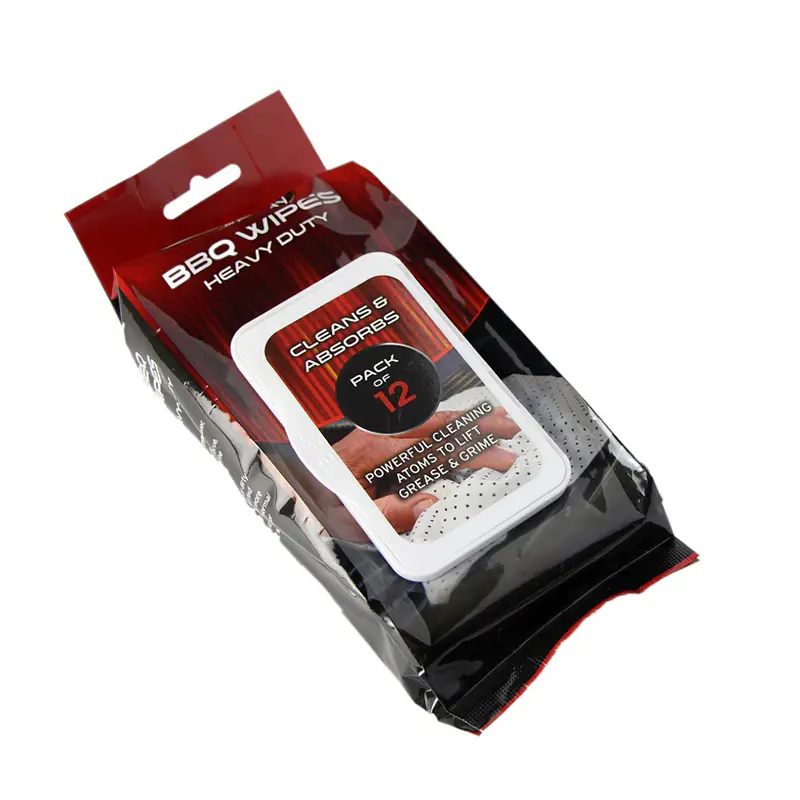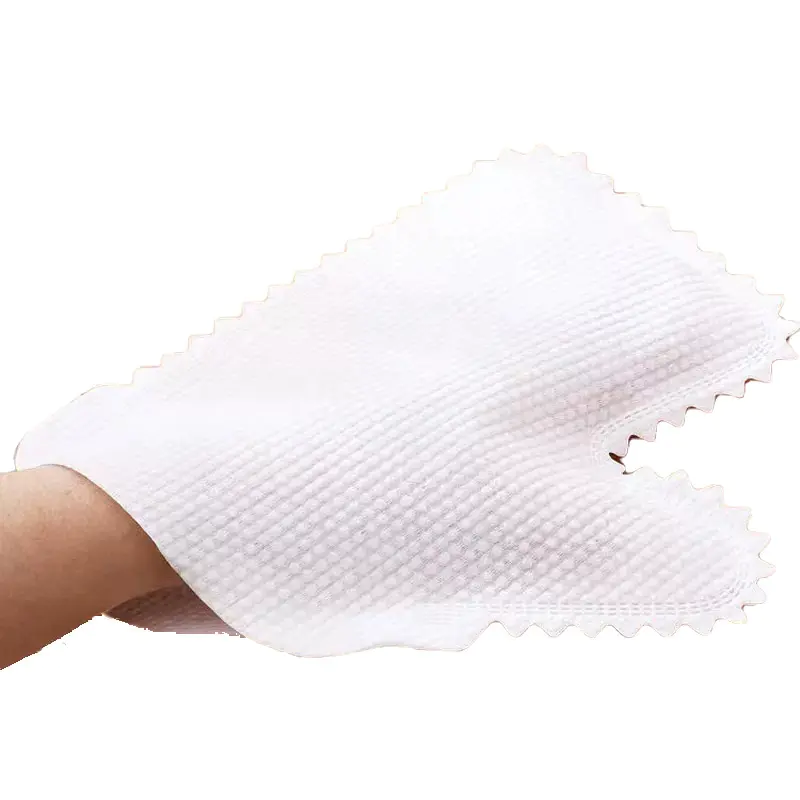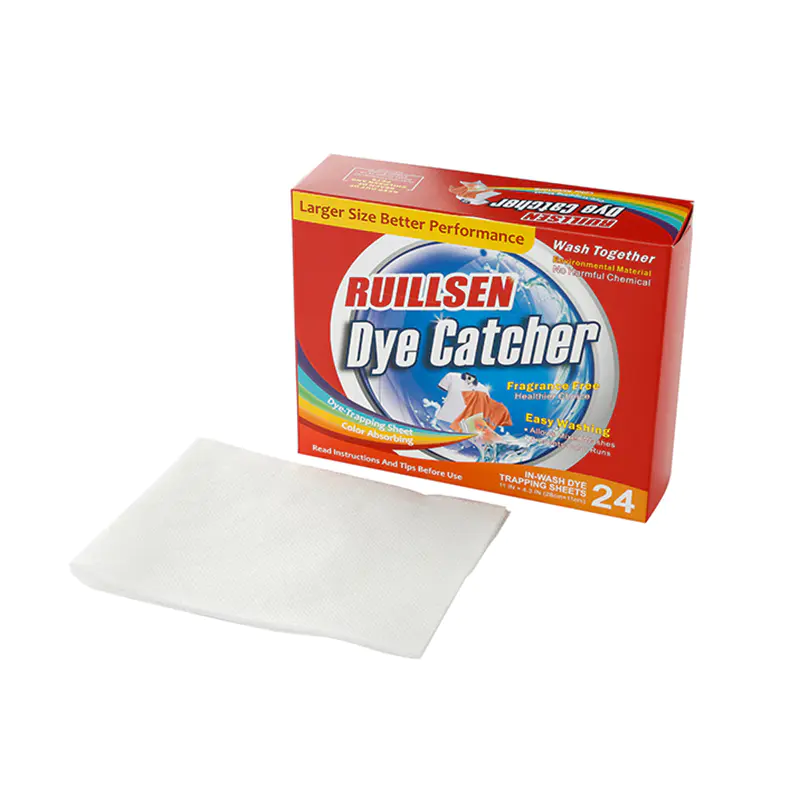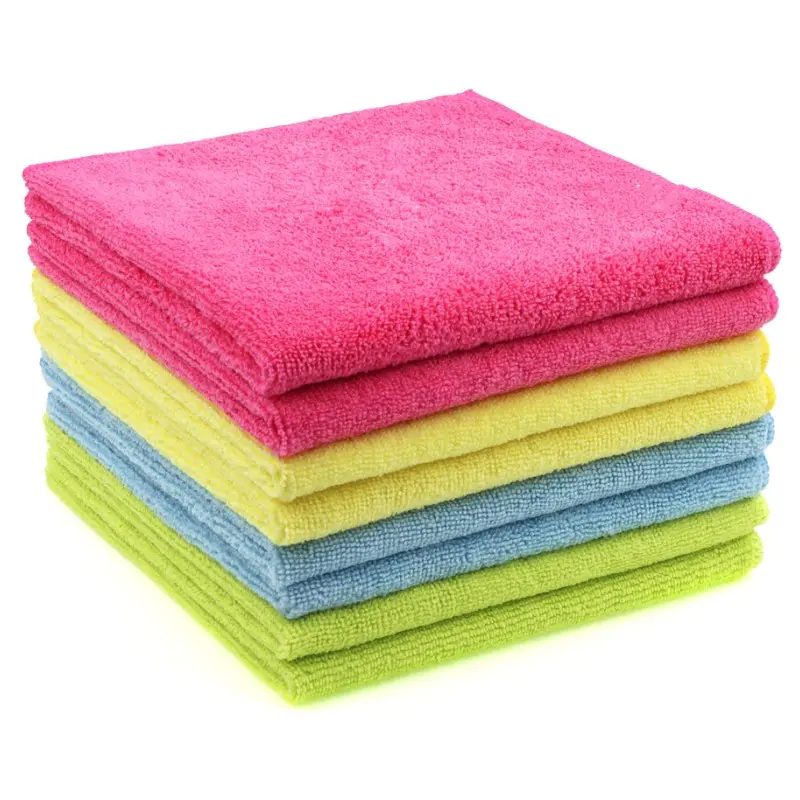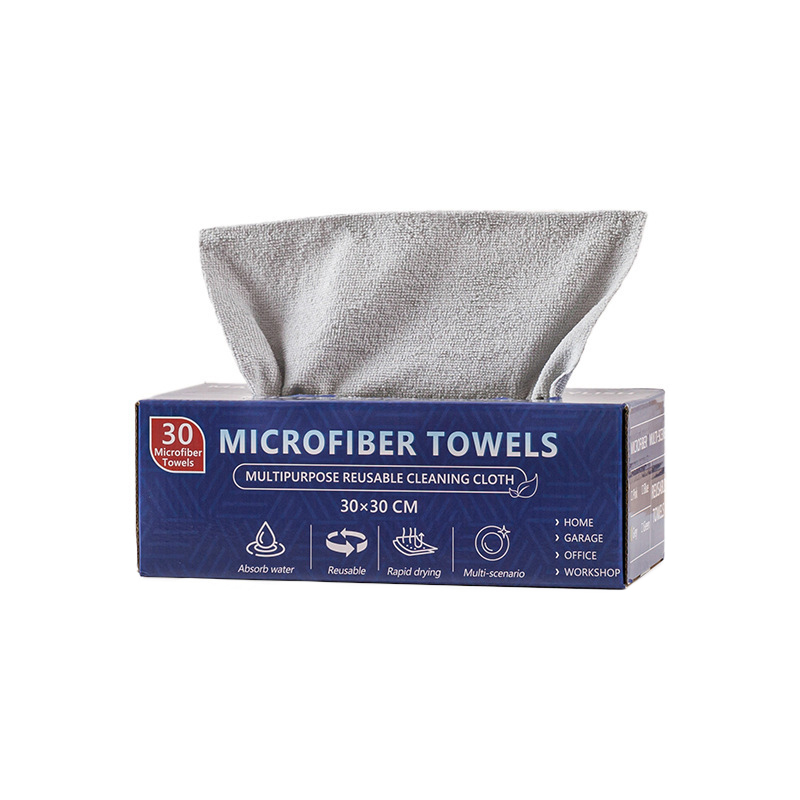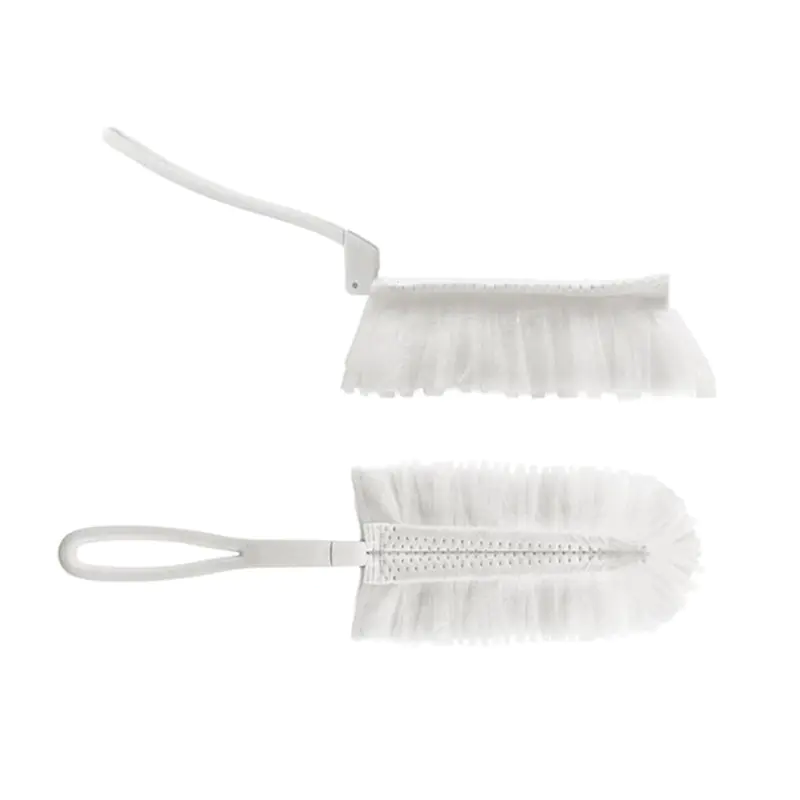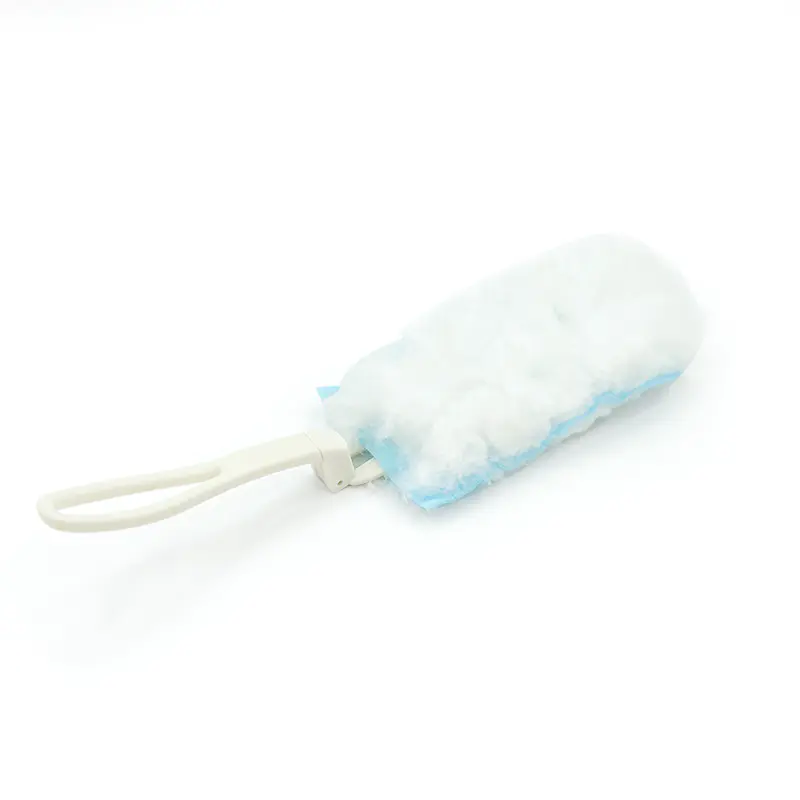The environmental friendliness and degradability of Cooking Oil Filter Papers have attracted much attention in the current context of increasing environmental awareness. The following are the main features of this type of filter paper in terms of environmental friendliness and degradability:
Cooking Oil Filter Papers are usually made of natural or plant fibers, such as pulp or cellulose, which generally have good environmental performance and degradability. Compared with synthetic or plastic fibers, natural fibers are easier to decompose under natural conditions, reducing the burden on the environment. In addition, unbleached natural fiber filter paper does not contain chemical additives, is more in line with environmental protection requirements, and can reduce the risk of chemical residues polluting soil and water bodies.
Cooking Oil Filter Papers made of natural materials can be gradually decomposed by microorganisms under suitable temperature and humidity conditions. It usually takes several months for it to be completely degraded, and the specific decomposition rate is related to the thickness and density of the filter paper. However, some enhanced filter papers (such as high temperature resistant or high filtration performance filter papers) may undergo special chemical treatments to delay their decomposition process. Therefore, choosing filter paper products without added chemical coatings or adhesives is more conducive to degradation.
Although Cooking Oil Filter Papers are biodegradable, they are usually covered with grease and impurities after use, making them difficult to enter the traditional paper recycling system. Some catering industries will treat them through professional waste oil and filter paper recycling services to reduce their pollution to the environment. For individual users, centralized processing of used filter papers and avoiding random discarding with household garbage can further reduce grease pollution.
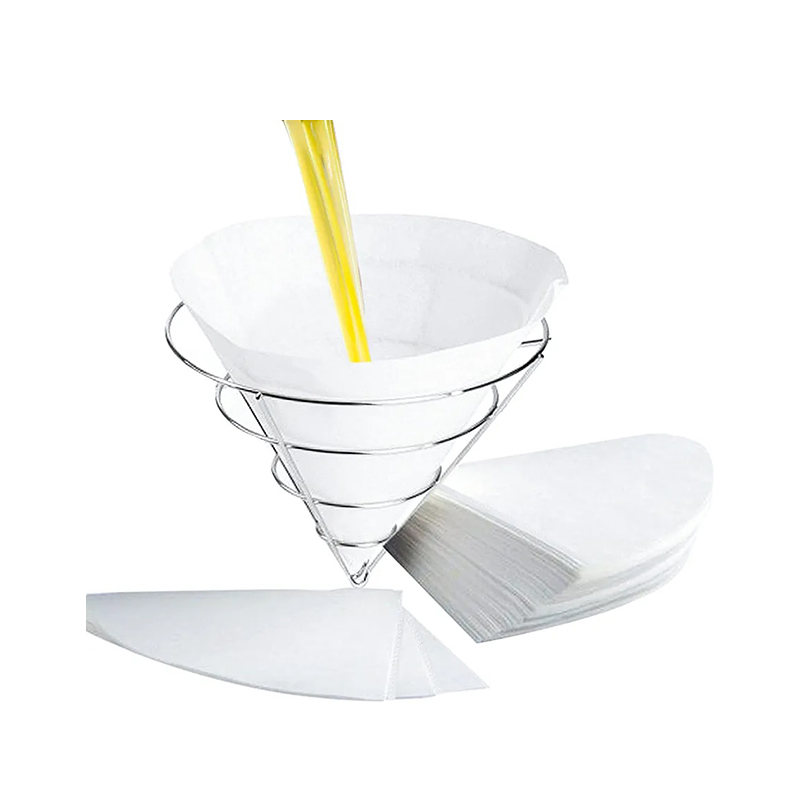
Some natural fiber Cooking Oil Filter Papers have a certain degree of compostability and can be composted with other organic waste to become part of the fertilizer. To this end, users need to ensure that the filter paper has no chemical coating or other additives to avoid contaminating the composting soil. Although composting is more convenient for small amounts of waste treatment in home kitchens, more professional composting treatment management is required for large-scale applications in the catering industry.
With the increase in environmental protection needs, a variety of more environmentally friendly filter paper products have appeared on the market, such as unbleached, naturally dyed or chemically additive-free products, which not only help food safety, but also reduce environmental pollution. At the same time, some manufacturers have developed reusable metal filters or high-temperature resistant filter cloths as alternatives to disposable filter papers, which is very beneficial to further reduce waste.
To reduce environmental impact, consumers should give priority to unbleached, biodegradable filter paper products, and try to centrally dispose of waste oil and filter paper. In addition, reasonable control of usage and the use of reusable alternative products as much as possible can effectively reduce the negative impact on the environment.
Cooking Oil Filter Papers generally perform well in terms of environmental protection and biodegradability, especially unbleached, chemical-free natural fiber products. However, oil pollution and certain special treatments will prolong the decomposition time. Giving priority to environmentally friendly products and properly disposing of used filter paper is an important way to reduce its environmental burden.

 English
English Español
Español